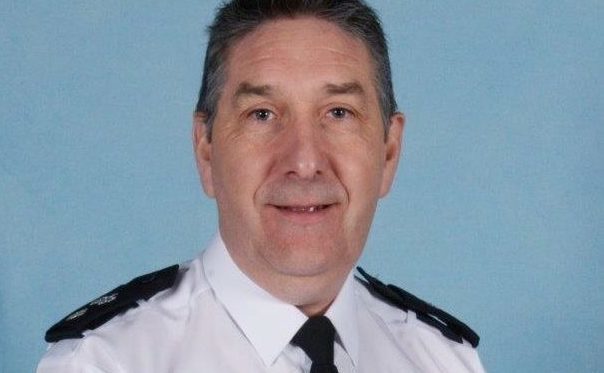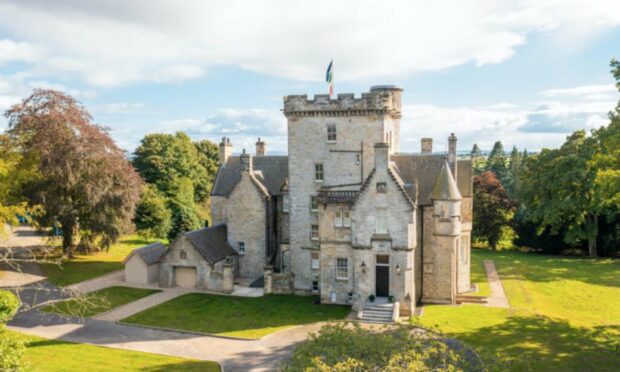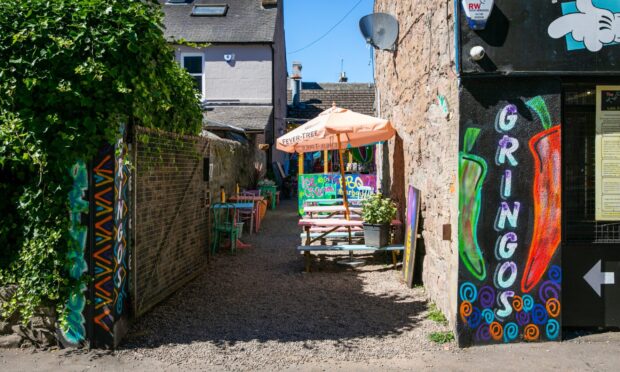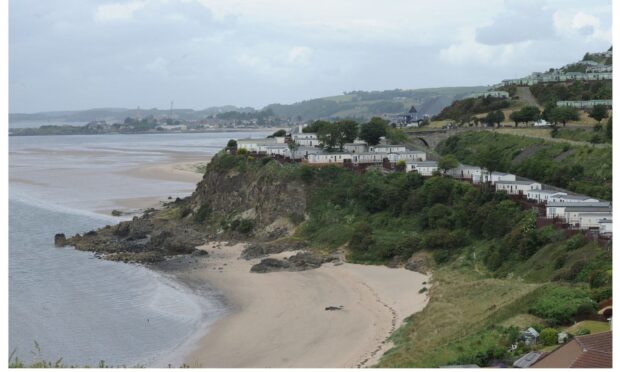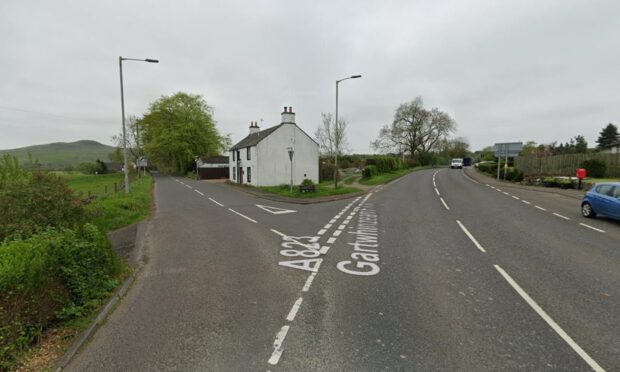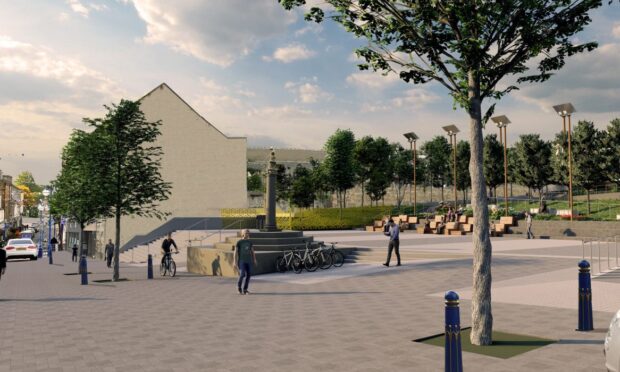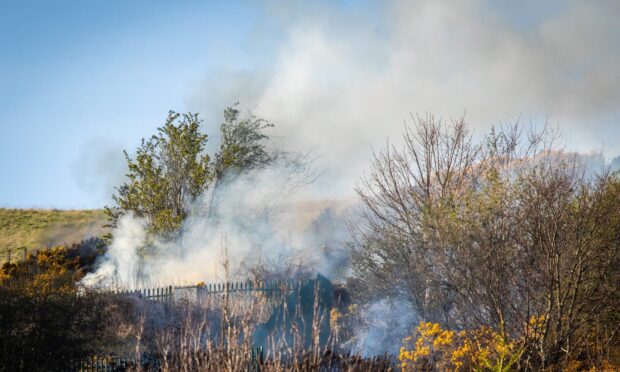Tackling anti-social behaviour and violent crime are among the top priorities for police in Fife.
Officers will also focus on substance misuse, road safety and acquisitive crime over the next three years after the issues were identified as particular problems by local communities.
The five priorities form the heart of the Local Police Plan for 2017 to 2020, launched by Police Scotland’s Fife division on Wednesday.
Divisional commander, Chief Superintendent Colin Gall, said the document outlined the force’s commitment to the safety and wellbeing of the people and communities of Fife.
“The ethos of the plan is around providing a local response to local issues,” he said.
“It is based upon having local community ward police officers in the heart of our communities.
“These officers all know their areas and look to address the concerns and issues raised by people in these communities.”
Mr Gall said, if required, local officers could receive support from across the Fife division.
“As a division, we can also call upon the support and expertise of Police Scotland regional and national resources,” he added.
“This plan looks to deliver on issues that the people of Fife have told us they would like us to focus on.”
He added: “In addition to our five policing priorities, we will also maintain a focus on serious and organised crime, our ongoing response to the threat of terrorism and protecting the vulnerable people in our communities who are at risk of harm.
“I am honoured to be divisional commander in Fife and can give an assurance that all my staff and I will work tirelessly to provide a local policing service that is focused on keeping the kingdom safe.”
The policing plan was approved by members of Fife Council’s environment, protective services and community safety committee on Friday.
Mr Gall said the response to the five policing priorities was built around prevention, intelligence, enforcement and communication.
The plan was compiled following a programme of continuous consultation and engagement with local people.
Community engagement meetings were held, as well as formal and informal community group meetings, consultation with victims of crime, engagement with local businesses and dialogue with local councillors.
An online survey was also launched and completed by 1,888 people.
